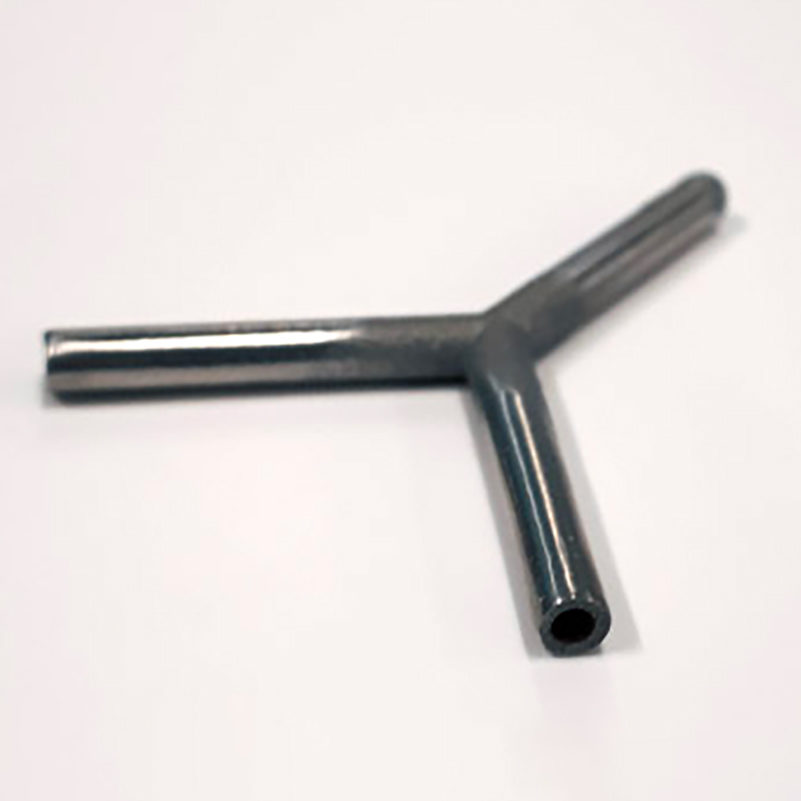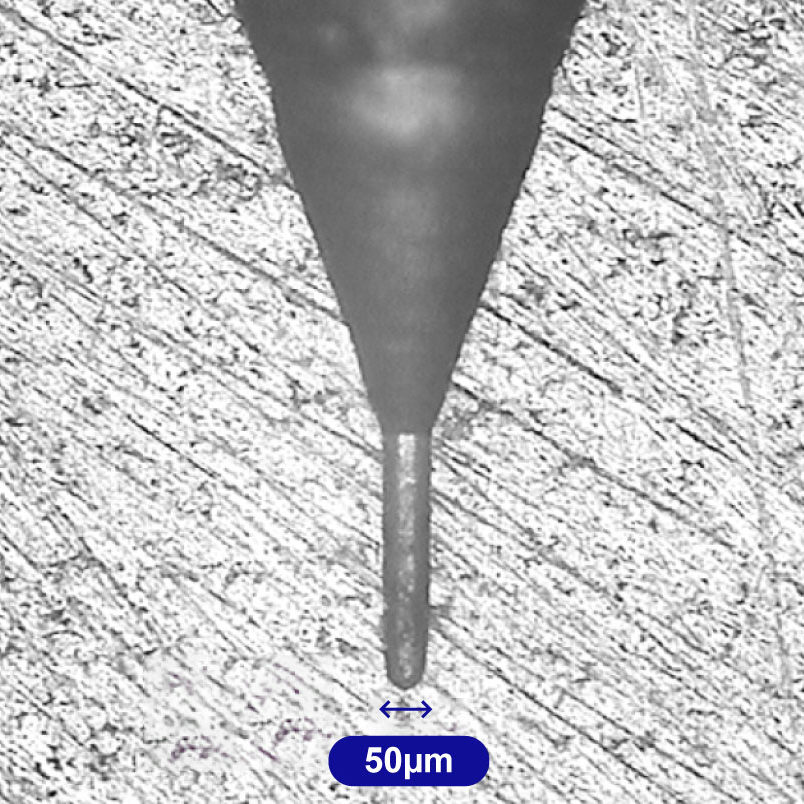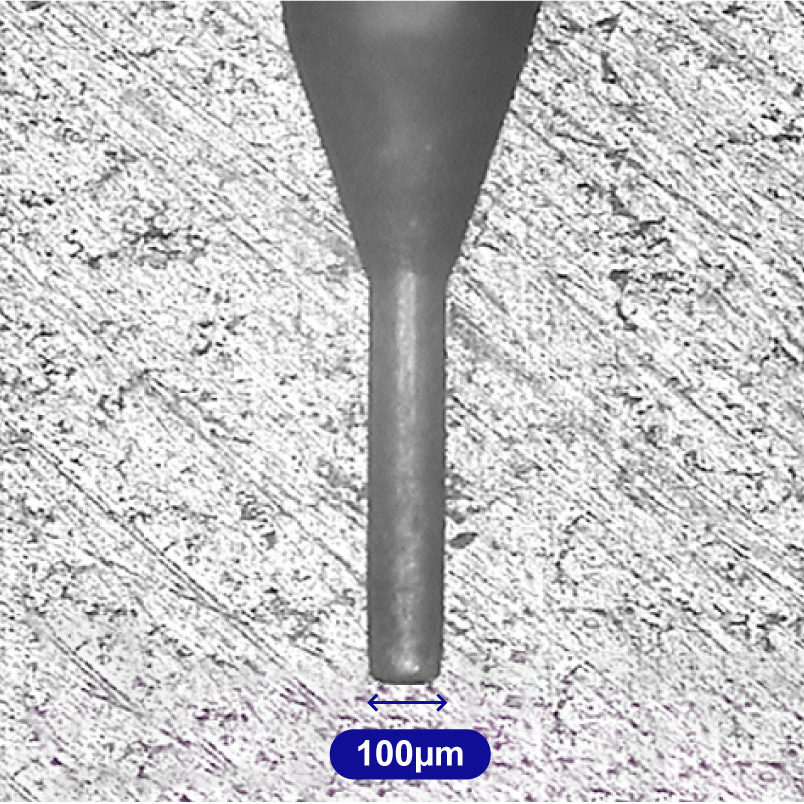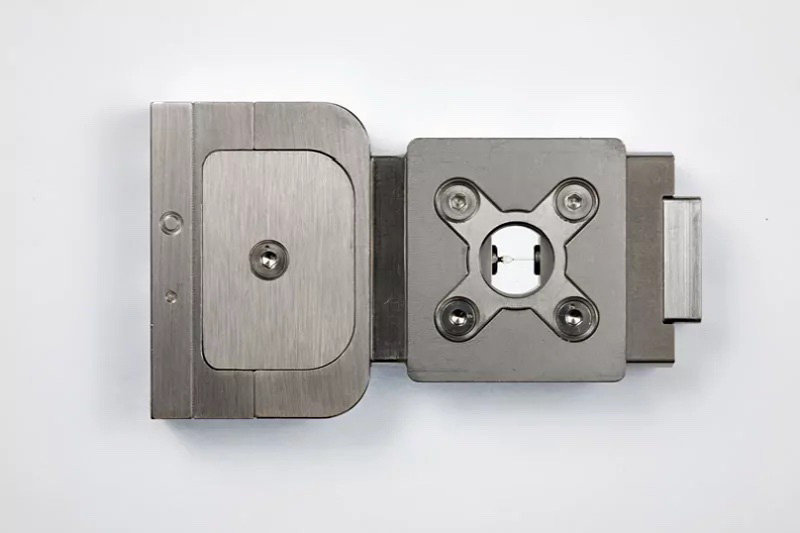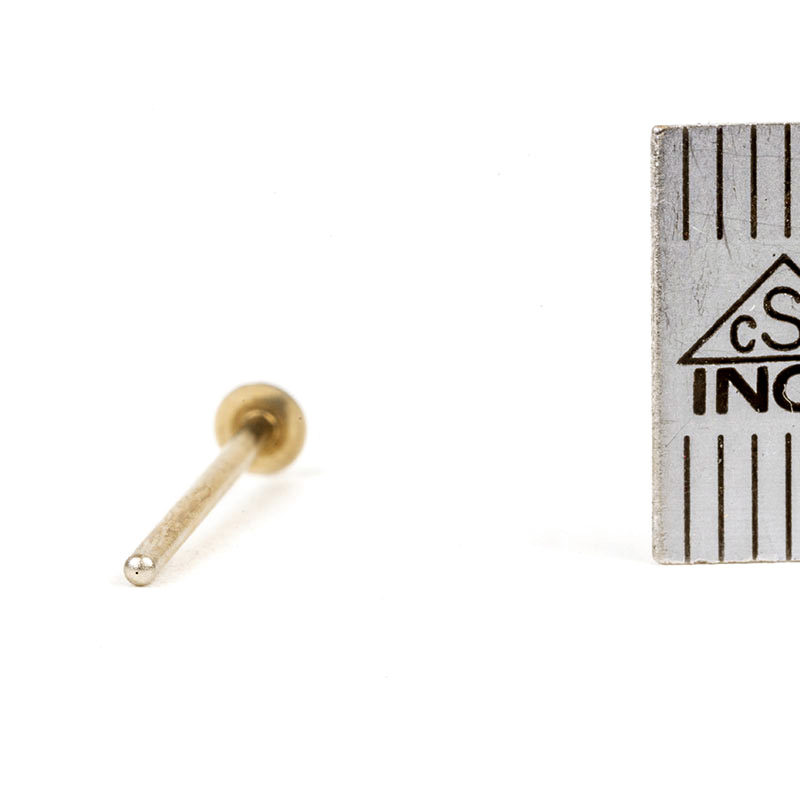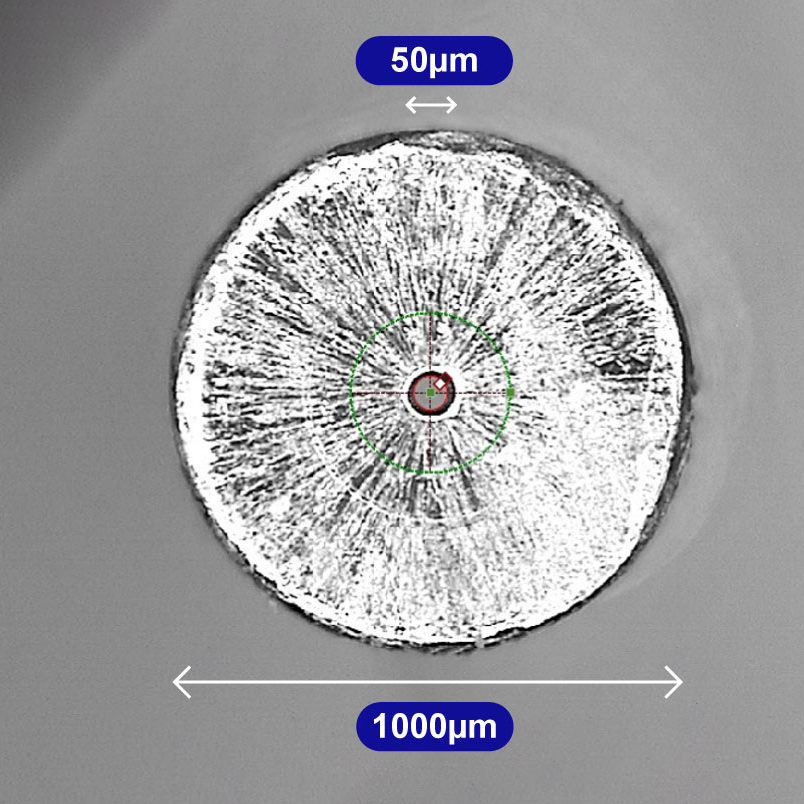In the medical and pharmaceutical industries, the use of micro-drilled or, more broadly, micro-machined instruments is widespread for a broad range of applications. These techniques, grouped under the name of microfluidics, have started a revolution and have become a must in the research and production of active ingredients.
Using the properties of fluids on a microscopic scale requires devices with pin-sharp precision to achieve the desired results. Mecasoft has been building a fount of know-how and expertise over many years to support the medical industry by providing the best micro-machined components.
Medical and pharmaceutical industries: the challenges of high-precision machining
The medical world greatly benefits from devices that work on an infinitesimally small scale. One of the ongoing concerns in this industry is reliability. Delicate and sometimes risky handling (depending on the chemical substances used, for example) requires secure and reliable systems that leave no room for the unexpected. This applies in particular to the use of metal synthesizers rather than plastic ones.
On the other hand, the manipulations carried out demand optimised efficiency. Microfluidics also aim to reduce the cost of medical research. How? Through procedures carried out in continuous microscopic environments. These procedures avoid loss of material as may occur in batch processing. Moreover, microfluidics allow active ingredients to be validated on a small scale, thereby reducing the cost of experimentation.
The benefits of medical micro-mechanics
Scientists do not convincing of the usefulness of these devices and their multiple applications to advance research in health-related fields. They also understand that the production of the components and profiles that make up these devices need to deliver extreme precision in the cutting and drilling of the materials. This is where micro-mechanics, as applied by Mecasoft, come into play:
- Meticulous compliance with the specifications and plans
- Excellent surface condition, without alteration of the flows
- Extremely precise final cutting
- Perfect reproducibility for optimum and consistent quality
Microfluidic systems and their use in medicine and medical research
Mecasoft is happy to offer its professional expertise in this area. We have been building a wide range of very small-scale fluid mechanics techniques for years. Here are some examples of the types of devices manufactured by our company.
Static mixers
By definition, static mixers do not involve any moving parts. These devices need to be able to mix two substances in a microscopic scale process. The effectiveness of this mixture is essential for the development and production of certain vaccines, including the highly effective mRNA vaccines.
As one might expect, such systems require continuous mixing that will not interfere with the process flow. To do so, we machine the various parts that make up the entire T- or Y-shaped device, including the channels we drill. The resulting channels have diameters down to 100 µm, with an excellent surface finish.
Microdrop generator
Microdrops are also widely used in the medical and pharmaceutical fields. To generate an emulsion of micro-droplets of identical diameter, we make 50 µm channels to be aligned within a high-precision mechanical insert that is also machined. These components are then inserted into the robots, which in turn are dispatched to laboratories around the world.
This system enables a continuous flow of droplets without affecting the bubble formation process. These solutions come into play for applications such as:
- sequential injection
- distribution of samples
- discrete volume sample injection
- fluid recirculation
- sorting operations
A concrete example of this application is the RayDrop microdroplet generator from pharmaceutical company SECOYA, which specialises in microfluidics.
(PMax-Raydrop-DE-complete_DxO_light)
High-precision pressure control capillaries
For the medical industry, very high-precision machining is also useful for the production of capillaries intended to control the pressure of medical fluids (oxygen, nitrous oxide, compressed medical air, nitrogen, carbon dioxide, etc.). These often unstable gases need to be controlled with the utmost caution and therefore require a specific adapted system.
To do so, our technology allows us to make the holes drilled in the capillaries that make up the control valves of the packaging systems. These are generally 70 µm to 150 µm in diameter but can be as small as 35 µm, depending on the need for the inlet and outlet of the device.
Other applications of micro-mechanics for the medical and pharmaceutical industries
There are many other micro-machining products being developed for the pharmaceutical and medical industries. These include needle drilling, the production of fibre connectors, synthetic implants or, more traditionally, high-precision tools (moulds, punches, cutting dies, etc.).
Mecasoft: certified devices and expertise for our medical partners
When it comes to high-precision cutting, drilling or surfacing, there are virtually no limits to the possibilities of our machining company. In this strictly referenced world, Mecasoft is already certified to EN9100 standards for certain aeronautical customers, and is also in the process of obtaining 13485 medical certification, which shows our commitment and the quality of our know-how in this industry.
We are proud to count some of the biggest names in the medical and research world among our loyal customers. Interested in calling on our services? Contact our design engineering department for more information and to help you set up your project.


